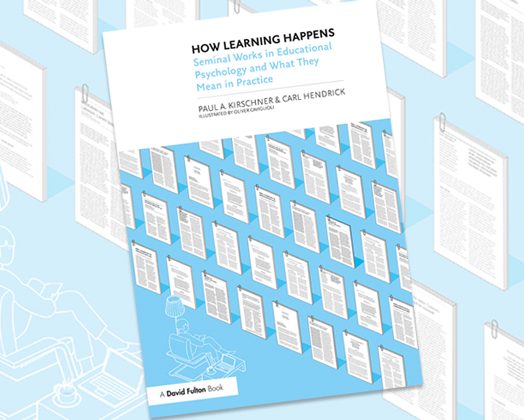Wrestling with my own thoughts, as an advocate for Successive Relearning, I’ll defend rote learning more broadly another day. What I want to clarify, for myself, for future conversations, is why I am an advocate of memorisation. I very much doubt it will be what you think.
I’ve long been a strong proponent of memorisation, in this instance of poetry and the spoken word, much as our learners memorise lines in drama and times tables in maths, I see plenty of “performance” benefits to memorising both poetry and the spoken word, most stemming from fluency. More recently, I have added the explicit teaching of vocabulary to that list.
Memorisation, it seems, is another way of forcing our mind to pay attention, to really pay attention.
As to why I am an advocate? It is because memorisation opens up cognitive possibilities, it allows for true imagination and true creativity, the ability to imagine something entirely new. Invention in English. At it’s pinnacle, it enables the learner (now more likely to be an expert than novice) to decide if they wish to then reject the very conventions and prior knowledge that helped them reach this elevated point. After all, the Latin root, inventio, is the base of both inventory and invention – remembering and creating. To be so lost and yet so found, that writing was unbound by memorised knowledge and fluency, possibly confidence too.
In terms of appreciating literature, or any text for that matter, one of the central elements of creativity is the ability to link disparate points into a cohesive (how ironic, in a novel way) whole. That integrating unrelated ideas in an unexpected way, can only be achieved with deep knowledge. Knowledge that has to be accessible and retrievable. Not a merely surface understanding.
Memory or knowledge, is interchangeable, is freedom rightly dressed as hard work.
Impoverished knowledge, impoverished associations, little insight, little creativity. Absent the raw material, absent the potential for insight. Creativity is, at some level, about linking disparate facts and ideas and drawing connections between notions that previously didn’t go together. It is being able to imagine something or someone, some state that doesn’t yet exist, to envision realities, scenarios, alternatives that are real only to you. My view of Grange Hall is undoubtedly different to that of the students in my class, some of whom I still conceiving a notion of dystopia? Memory, then, is not just for remembering; it is also, and centrally, for creating. Encoding our intuition?
Cue the endorsing quotation.
As our knowledge becomes deeper and more comprehensive, our capacity for critical thinking, problem solving and creativity within that domain unfolds.
Daniel Willingham, (2007)
Creativity isn’t just about making connections, conscious or unconscious as they may be. Constructive Episodic Simulation Hypothesis suggests that both remembered past and imagined future events rely heavily on episodic memory. That the better our recall for the past, the better we are at constructing a hypothetical future. How can memorisation, then, not potentiate our ability to creatively, imagine something unique or appreciate something uniquely. Memorisation then, is a catalyst of sorts, fertiliser for creativity, for literature, for language.
Teach. Leaner and relearn declarative knowledge. To “RememberMore.” The foundation of a partnership, a springboard from which teachers build and then launch an understanding of how to apply – the procedural knowledge. To apply: no less a block of knowledge in of itself. Procedures and routines, to use, and to not use, the final step before knowingly disregarding the very procedures and routines, that brought us to that decision.
To be definitive. Memorisation does not fed my educator soul, it is the eureka moments of invention that nourish me professional. When students reach. When a Year 8 students asks for a steer on her writing.

You can decide for yourself whether she values memorisation of vocabulary. Sadly, I can not confidently tell you the impact, or not, it has had on her as a future writer?
Schacter DL, & Addis DR (2007). The cognitive neuroscience of constructive memory: remembering the past and imagining the future. Philosophical transactions of the Royal Society of London. Series B, Biological sciences.


